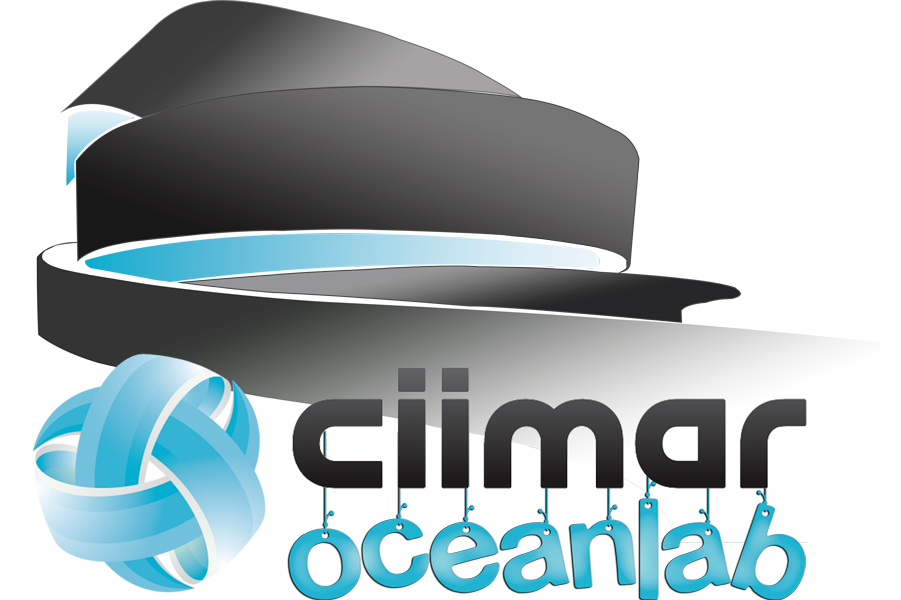

Group Leader
Elsa Froufe, Investigadora Principal no CIIMAR, possui uma licenciatura em Biologia pela Universidade de Aveiro (1997) e um doutoramento pela Universidade do Porto (2006). Com vasta experiência em genética e biologia evolutiva, o seu trabalho centra-se na compreensão dos padrões de biodiversidade aquática e nas complexidades destes ecossistemas. A Elsa colabora ativamente com uma vasta rede de investigadores estando particularmente interessada na aplicação de abordagens interdisciplinares integrativas para estudar diferentes níveis de organização da biodiversidade aquática. Nos últimos anos, tem se dedicado ao estudo do impacto das alterações climáticas na biodiversidade aquática.
EQUIPAS DE INVESTIGAÇÃO:
Ecologia e Evolução Aquática











